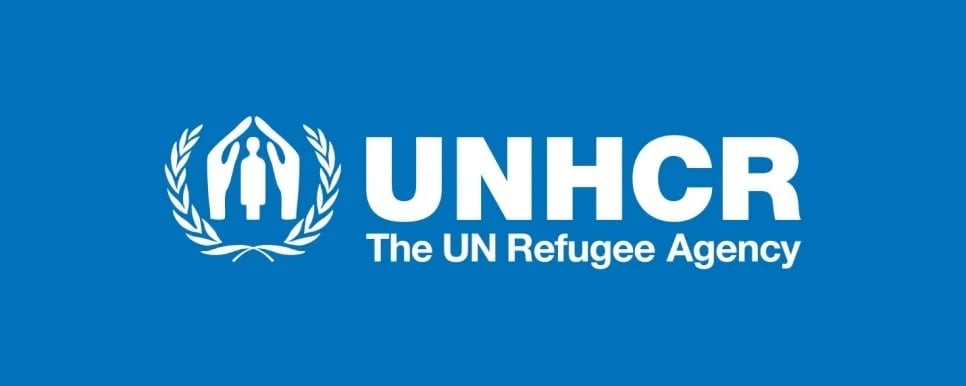UNHCR seeks to ease tensions in Chad's camps
UNHCR seeks to ease tensions in Chad's camps

ABECHE, Chad, May 13 (UNHCR) - The UN refugee agency has voiced serious concerns over the recent unrest in two refugee camps in eastern Chad, and is working closely with the local authorities to resolve the situation in a peaceful way.
Clashes broke out in Goz Amer refugee camp on Wednesday, which resulted in the death of three refugees and one gendarme. Several people were also wounded, including two refugees, two aid workers from a non-governmental partner of UNHCR, and one Chadian gendarme.
The clashes were triggered by the arrest on Tuesday of refugees who were reportedly selling plastic sheeting at the local market in the camp. Chadian gendarmes, who are responsible for guarding the 12 refugee camps in eastern Chad, tried to prevent the sale and arrested three refugees. In protest, a group of refugees from the camp set fire to a community centre on Wednesday morning in the nearby village of Koukou Angarana, provoking further clashes with the local gendarmes, and resulting in the deaths.
Staff of UNHCR and Italian NGOs Intersos and COOPI - the two main organisations working in Goz Amer - have left the camp for Koukou Samgarana or Goz Beida until the situation stabilises.
On Thursday, UNHCR dispatched a team to its field office in Koukou Angarana to assess the situation and hold discussions with the refugee leaders and the local authorities. Goz Amer camp, which is located 217 km south of Abéché, opened in April 2004 and hosts over 20,000 refugees. The situation had been calm for the past months in the camp and the area.
These incidents follow other clashes on Tuesday in the north-eastern camp of Iridimi, where a group of refugees armed with sticks and rocks provoked the evacuation of UNHCR and NGO workers. The refugees were protesting against the new registration of all individuals in the camp aimed at determining the exact number of refugees in the camp and ensuring that adequate assistance goes directly to the refugees themselves.
Three refugees were seriously injured in clashes with the police and had to be hospitalised in the Chadian capital, N'Djamena. Five UNHCR staff as well as two NGO staff suffered minor injuries. Aid workers were also evacuated from nearby Touloum, Mile and Kounoungo camps for security reasons.
The camps are now reportedly calm and UNHCR continues to meet with local and national authorities in Chad in order to ease tensions. UNHCR's Representative in N'Djamena on Wednesday met with the Minister of Territorial Administration to agree on a joint approach to the problem, working towards a peaceful and orderly outcome. UNHCR's Deputy Representative in Abéché travelled to the regional capital of Biltine to hold discussions with the governor.
"We are trying to understand the roots of these incidents," said Jean Marie Fakhouri, UNHCR's Director of Operations for Chad and Sudan. "In both cases, they are linked to the level of assistance refugees receive. It seems that refugees have reached a phase where, after being in camps for a year and a half, they don't see light at the end of the tunnel anymore and they start to act in a desperate way."
Fakhouri, who is scheduled to travel to Chad early next week to meet with high-level authorities, added, "This is a serious concern. We can't waste time as we want to prevent these kinds of incidents from developing into further disturbances."
UNHCR is responsible for the protection and assistance of more than 210,000 refugees from western Sudan's Darfur region who are hosted in 12 camps in eastern Chad. The refugees arrived in Chad in 2003 and 2004 after fleeing attacks by the Janjaweed militia in Darfur.
By Hélène Caux









